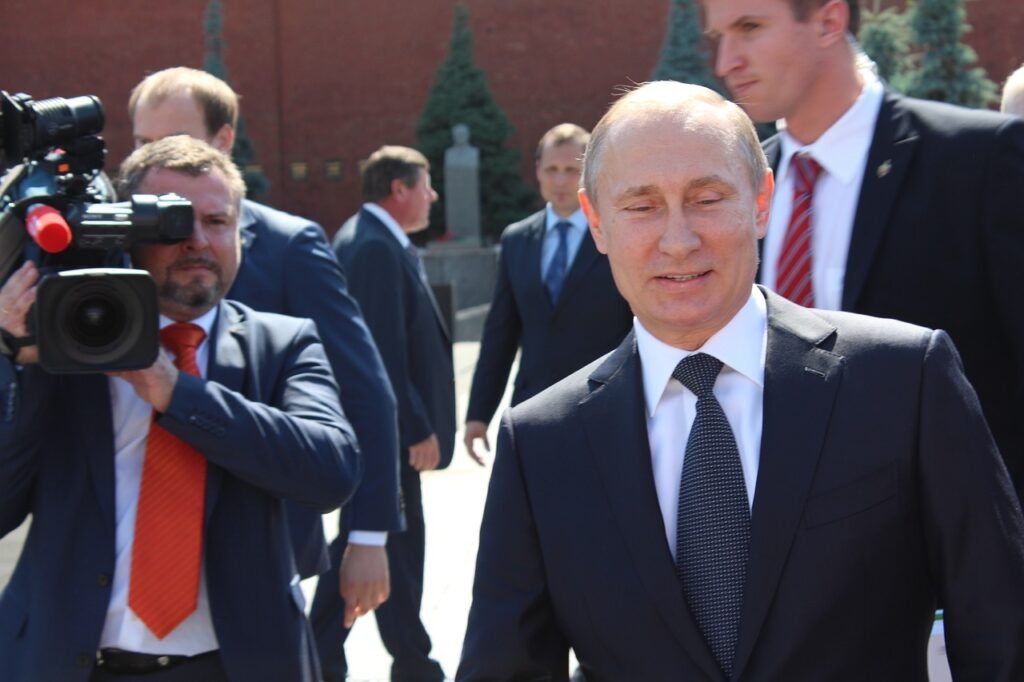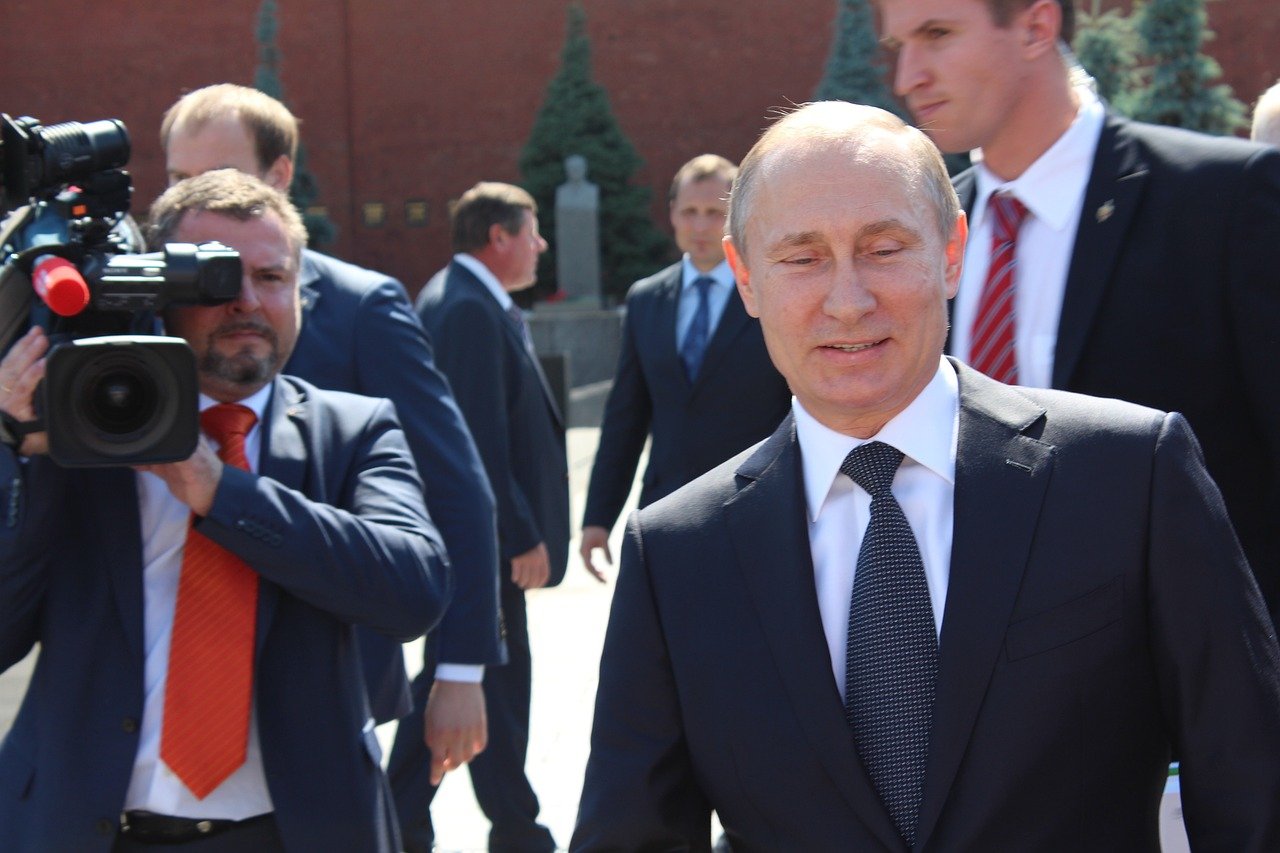
Money and power are deeply intertwined concepts. Money can be a powerful tool for acquiring and exercising power, while power can be used to accumulate wealth. This article explores the complex relationship between these two forces.
Money as a Source of Power
Money provides various forms of power:
Economic Influence: Controlling Resources and Markets
Those with significant financial resources can control industries, markets, and even entire economies.
Political Influence: Lobbying, Campaign Contributions, and Policy Shaping
Money can be used to influence political decisions through lobbying, campaign contributions, and funding political campaigns.
Social Influence: Status, Prestige, and Access
Wealth often confers social status, prestige, and access to exclusive circles, further enhancing power.
Power as a Source of Money
Conversely, power can be a source of wealth:
Political Connections and Cronyism: Gaining Economic Advantages
Those with political connections can use their influence to gain economic advantages, such as favorable contracts or access to resources.
Regulatory Capture: Influencing Regulations for Personal Gain
Powerful individuals or groups can influence regulations to benefit their own interests, often at the expense of the public.
Corruption and Bribery: Illegally Acquiring Wealth
Corruption and bribery are illegal means of using power to acquire wealth.
The Historical Interplay of Money and Power
The relationship between money and power has evolved throughout history:
Ancient Civilizations: Control of Resources and Trade Routes
In ancient times, control of resources and trade routes was a key source of both wealth and power.
Feudalism and Land Ownership: Economic and Political Power
In feudal societies, land ownership was the primary source of both economic and political power.
Mercantilism and Colonialism: Wealth Accumulation and Imperial Power
During the era of mercantilism and colonialism, European powers accumulated wealth through trade and exploitation of colonies, which fueled their imperial power.
The Rise of Capitalism: Industrialization and Economic Dominance
The rise of capitalism saw the emergence of powerful industrialists and financiers who wielded significant economic and political influence.
Money and Power in Modern Society
In contemporary society:
The Role of Corporations and Financial Institutions
Large corporations and financial institutions wield considerable economic and political power.
The Influence of Wealthy Individuals and Families
Wealthy individuals and families can exert significant influence on politics and society.
The Impact of Money on Elections and Political Campaigns
Money plays a significant role in elections and political campaigns, raising concerns about the influence of wealthy donors.
The Concentration of Wealth and Income Inequality
The increasing concentration of wealth and income inequality raises concerns about the potential for economic and political power to be concentrated in the hands of a few.
The Potential for Abuse of Power Through Money
The combination of money and power can lead to abuses:
Corruption and Cronyism
These practices undermine public trust and erode democratic institutions.
Manipulation of Markets and Regulations
Powerful actors can manipulate markets and regulations for their own benefit, harming consumers and the economy.
Undermining Democratic Processes
The influence of money in politics can undermine democratic processes and lead to policies that favor the wealthy.
Counterbalancing the Influence of Money on Power
Several measures can be taken to mitigate the negative effects:
Campaign Finance Reform
Reforms aimed at limiting the influence of money in political campaigns.
Transparency and Accountability
Increasing transparency and accountability in government and business.
Strengthening Regulatory Oversight
Strengthening regulatory oversight to prevent market manipulation and other abuses.
Promoting Economic Equality
Policies aimed at reducing income inequality and promoting economic opportunity.
Empowering Citizens and Civil Society
Empowering citizens and civil society organizations to hold powerful actors accountable.
The Ethical Considerations of Money and Power
Responsible Use of Wealth and Influence
Those with wealth and power have a responsibility to use them ethically and for the benefit of society.
The Importance of Social Responsibility
Businesses and individuals should prioritize social responsibility and contribute to the well-being of their communities.
Conclusion
The relationship between money and power is a complex and enduring issue. Understanding this relationship is crucial for creating a more just and equitable society.
Frequently Asked Questions (FAQ)
Does money always equal power?
While money is a significant source of power, it is not the only one. Other forms of power include political influence, social status, and knowledge.
How does money influence politics?
Money can influence politics through campaign contributions, lobbying, and funding political campaigns.
What is the role of lobbying in the relationship between money and power?
Lobbying is a way for powerful interests to influence government policy.
How can we reduce the influence of money in politics?
Campaign finance reform, transparency, and public financing of elections are some possible solutions.
What are the ethical implications of wealth concentration?
High levels of wealth concentration can lead to unequal access to opportunities and political influence, raising ethical concerns about fairness and social justice.
